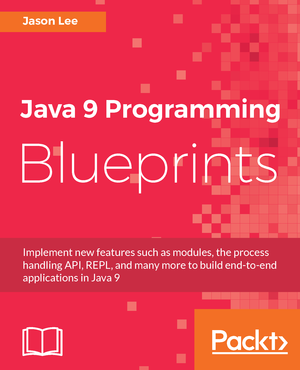About
 My name is Jason Lee. I am a software developer living in the middle of Oklahoma. I’ve been a professional developer since 1997, using a variety of languages, including Java, Kotlin, C/C++, JavaScript, PHP, Python, Delphi, C#, and even a bit of COBOL and JCL. I currently work for IBM on the WildFly/EAP team, where, among other things, I maintain integrations for some MicroProfile specs, OpenTelemetry, Micrometer, Jakarta Faces, and Bean Validation. (Full resume here. LinkedIn profile)
My name is Jason Lee. I am a software developer living in the middle of Oklahoma. I’ve been a professional developer since 1997, using a variety of languages, including Java, Kotlin, C/C++, JavaScript, PHP, Python, Delphi, C#, and even a bit of COBOL and JCL. I currently work for IBM on the WildFly/EAP team, where, among other things, I maintain integrations for some MicroProfile specs, OpenTelemetry, Micrometer, Jakarta Faces, and Bean Validation. (Full resume here. LinkedIn profile)
I am the president of the https://okcjug.org[Oklahoma City Java User Group], and an occasional speaker at the JUG and a variety of technical conferences.
On the personal side, I’m active in my church, and enjoy bass guitar, running, fishing, and a variety of martial arts. I’m also married to a beautiful woman and have two boys, who, thankfully, look like their mother.
 My name is Jason Lee. I am a software developer living in the middle of Oklahoma. I’ve been a professional developer since 1997, using a variety of languages, including Java, Kotlin, C/C++, JavaScript, PHP, Python, Delphi, C#, and even a bit of COBOL and JCL. I currently work for IBM on the WildFly/EAP team, where, among other things, I maintain integrations for some MicroProfile specs, OpenTelemetry, Micrometer, Jakarta Faces, and Bean Validation. (Full resume
My name is Jason Lee. I am a software developer living in the middle of Oklahoma. I’ve been a professional developer since 1997, using a variety of languages, including Java, Kotlin, C/C++, JavaScript, PHP, Python, Delphi, C#, and even a bit of COBOL and JCL. I currently work for IBM on the WildFly/EAP team, where, among other things, I maintain integrations for some MicroProfile specs, OpenTelemetry, Micrometer, Jakarta Faces, and Bean Validation. (Full resume 
